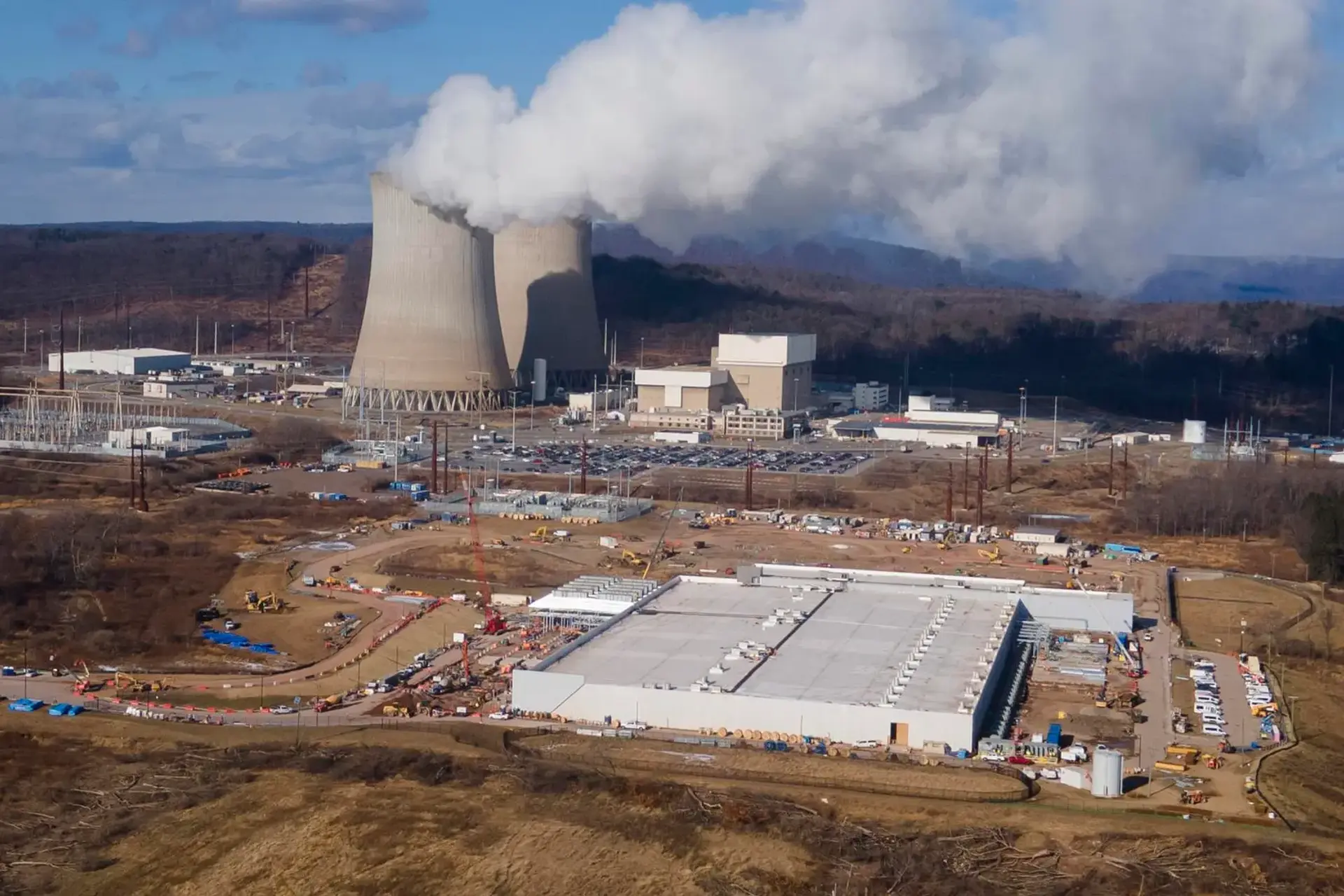The increasing integration of artificial intelligence into daily life brings a significant, often hidden, environmental cost. Training complex AI models demands substantial electricity, leading to increased carbon emissions and pressure on power grids. Cooling the hardware necessary for AI operations requires vast amounts of water, potentially straining water supplies and disrupting ecosystems. The production and transport of high-performance computing hardware further contribute to the indirect environmental impacts.
AI's energy consumption is a primary concern, with data centres consuming massive power amounts, often derived from fossil fuels. This consumption is projected to increase, with some estimates suggesting AI and related technologies could account for 20% of global electricity use by 2030. However, AI also presents opportunities for mitigating climate change through improved weather predictions, disaster prevention, and optimisation of renewable energy systems.
Efforts are underway to reduce AI's environmental footprint through energy-efficient technologies, increased use of renewable energy sources, and carbon-neutral operations. Optimising AI systems for energy efficiency also naturally decreases their overall water consumption. Innovations in both hardware and software are crucial to minimising the environmental impact of AI while harnessing its potential benefits.




